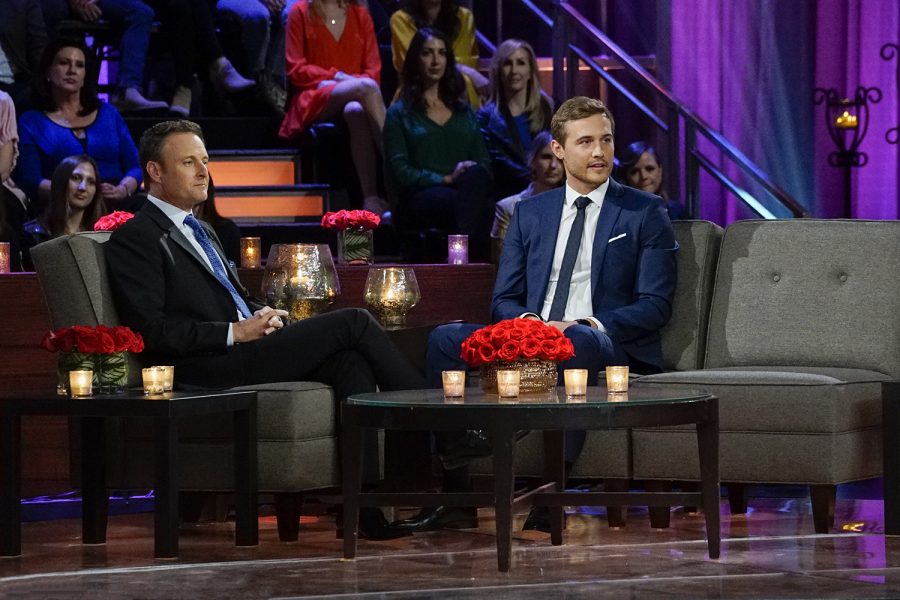A University of Iowa graduate student is conducting research on the relationships people create with influencers, with an emphasis on past and present contestants of the reality TV show “The Bachelor.”
Graduate student Kathryn Biddle aims to measure the range of these parasocial interactions online. Biddle established these measures by interviewing fans of “The Bachelor” about their social media interaction with the contestants.
She asked about the different topics or factors that would lead a fan to unfollow an influencer, such as racist content, purity culture and the emphasis on modesty, or too many paid ads.
Based on the responses she recorded in the interview section of the study, Biddle then translated those into a survey sent to the UI School of Journalism students. Although it appeared to be a survey, participants were completing an experiment by viewing fake posts from a former “Bachelor” contestant.
These fake posts displayed the “Bachelor” influencer either denouncing blackface under all circumstances or saying she thinks it’s OK if it’s part of a costume. Other posts showed the influencer posting ads for a vibrator or sharing how she saved herself for marriage.
Biddle found there’s a broad array of opinions regarding influencers sharing their views on politics or social issues. A big theme that influencers are facing right now is the demand to post a statement regarding the Israel-Palestine conflict; however, many followers are also opposed to any political posts from the people they follow.
“People always question, whether they’re celebrities or not, if they should or should not share their opinion,” Biddle said. “I had interviewees who said that even when their favorite celebrities shared opinions that they agreed with, they just didn’t want that on their feed.”
However, when it comes to “The Bachelor,” the main concern from fans seems to center around purity culture, Biddle said.
“A lot of people said that racism was the bottom line that would make them stop following someone, but then, in reality, it wasn’t,” Biddle said. “Whereas when someone either talked too much about saving themselves for marriage or talked too much about vibrators, that was the bottom line for people where they would unfollow.”
After she earns her doctorate, Biddle wishes to replicate her study but with a focus on athletes as opposed to influencers and explore how cheating controversies influence whether their fans will unfollow or stop supporting them.
“You look at people like Tom Brady, who everyone is still obsessed with and calls the GOAT, and he literally cheated in the Super Bowl,” Biddle said. “Or you look at the Houston Astros, and they cheated, but they still have plenty of fans too.”
Biddle is also interested in exploring this topic because athletes often face the same criticisms when it comes to sharing their political or social beliefs.
RELATED: Hawkeye Gold to Golden Bachelor: Gerry Turner recalls time at UI
“Athletes just as much as influencers get told to shut up and dribble, or stick to your job, just like we tend to tell influencers and reality TV stars,” Biddle said. “We don’t want to hear about you having an actual opinion on things.”
Biddle’s graduate advisor and journalism professor Brian Ekdale said influencers and celebrities are increasingly expected to use their platforms to speak about topical issues.
However, influencers are also accosted for speaking beyond their occupation and are told to just stick to selling products or posting their usual content.
“I come from a perspective that people are always political,” Ekdale said. “We’re not going to be any less connected than we are now, so in these hyper-connected times, how do both public figures and audiences navigate that murkiness?”



